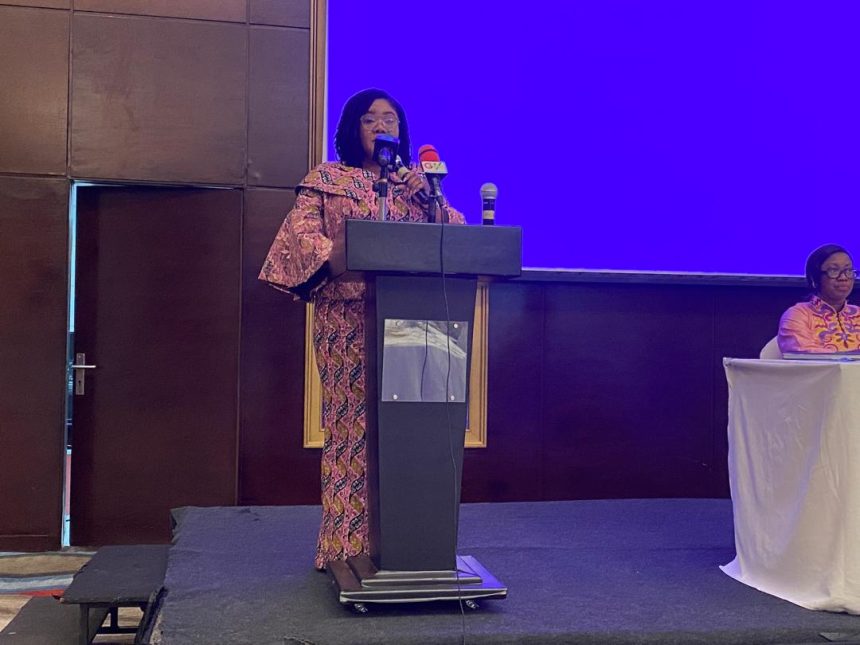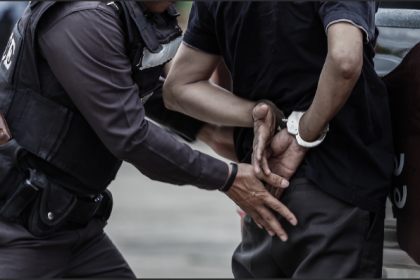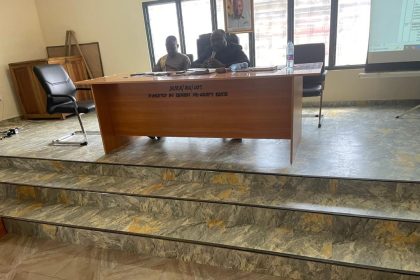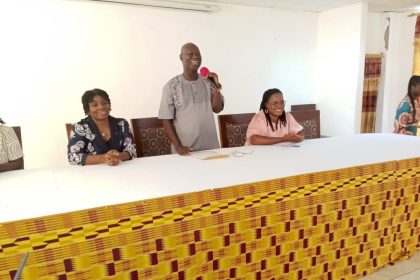Citizens must name and shame perpetrators of Gender-Based Violence (GBV) rather than victimise survivors, Dr Agnes Naa Momo Lartey, Minister of Gender, Children and Social Protection, has urged.
She observed that many victims were reluctant to speak out due to fear of stigmatisation and societal backlash.
Dr Lartey gave the advice at the opening of the ECOWAS National Training Workshop on prevention and response to GBV and sexual harassment in Accra.
It was organised by the Ministry in collaboration with the ECOWAS Gender Development Centre (EGDC).
The four-day workshop brings together stakeholders from the judiciary, health sector, and civil society to strengthen their capacity to respond effectively to GBV and sexual harassment across the sub-region.
According to a World Health Organization (WHO) study, the prevalence of physical and/or sexual violence perpetrated by intimate partners ranges between 20 and 60 per cent in some ECOWAS countries.
Dr Lartey said victims often face additional victimisation when their cases are mishandled by authorities.
She called for a culture of support and increased awareness to reduce GBV and uphold citizens’ rights.
“We continue to create awareness, and all of these things goes a long way in eradicating gender-based violence and sexual harassment,” she added.
The Minister reiterated the Ministry’s commitment to working with stakeholders to create a safe and healthy environment for all.
She noted that the Government had initiated the Domestic Violence Fund to support victims with medical care, legal action, and other essential needs.
Dr Lartey also highlighted the Orange Support Centre, a toll-free call facility offering trauma counselling, psychosocial support, and specialised services for victims seeking redress.
In a speech read on her behalf, Mrs. Sandra Oulate Fattoh, Director of EGDC, said GBV reflected a system of domination rooted in gender stereotypes and patriarchal structures that perpetuate inequality and violence.
That, she said, “must be deconstructed for the promotion of a culture of respect and equality.”
Mrs. Fattoh described GBV in West Africa as alarmingly widespread, compounded by child marriage, female genital mutilation, and increased violence during conflicts and health crises.
She stressed the need for professional training in early recognition, treatment, and survivor support.
“Beyond medical and legal care, you must be able to offer respectful and empathetic support to survivors of GBV and sexual harassment,” she stated.
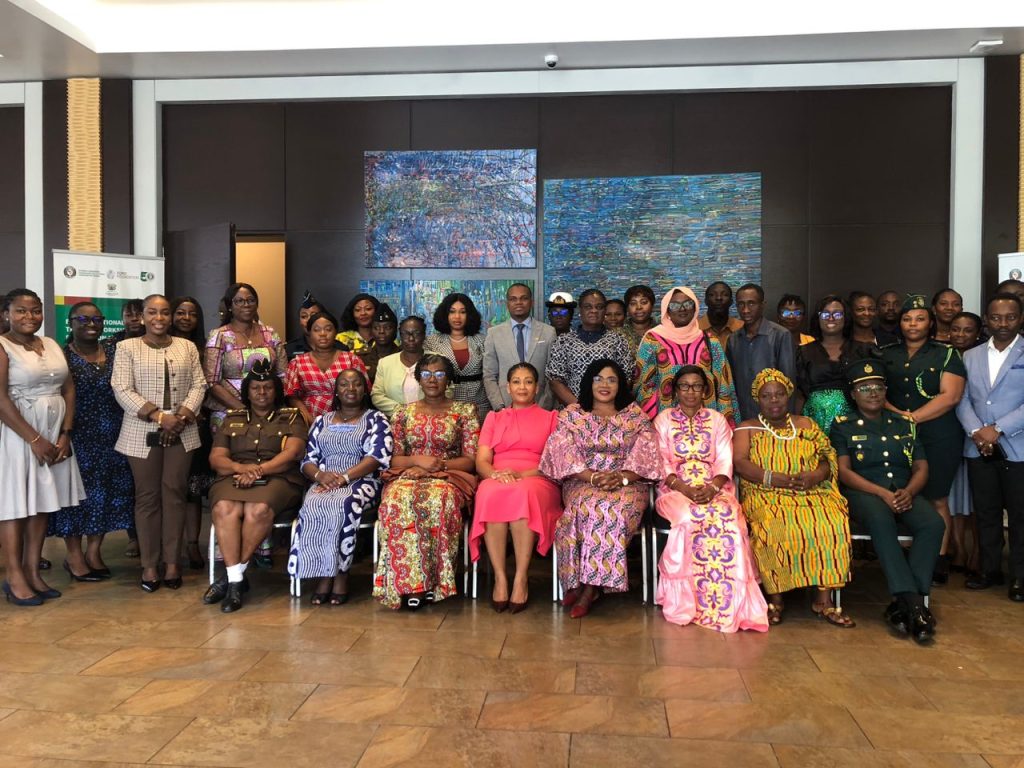
Mrs. Fattoh called for the implementation of gender-sensitive care protocols, strict confidentiality, and collaboration with legal, social, and psychological support services.
Madam Laila Heward-Mills, Director of the ECOWAS National Office at the Ministry of Foreign Affairs, called for swift, just, and compassionate access to justice for survivors.
She emphasised the importance of a responsive health system and urged communities to provide safety networks, especially for women and children.
GNA

